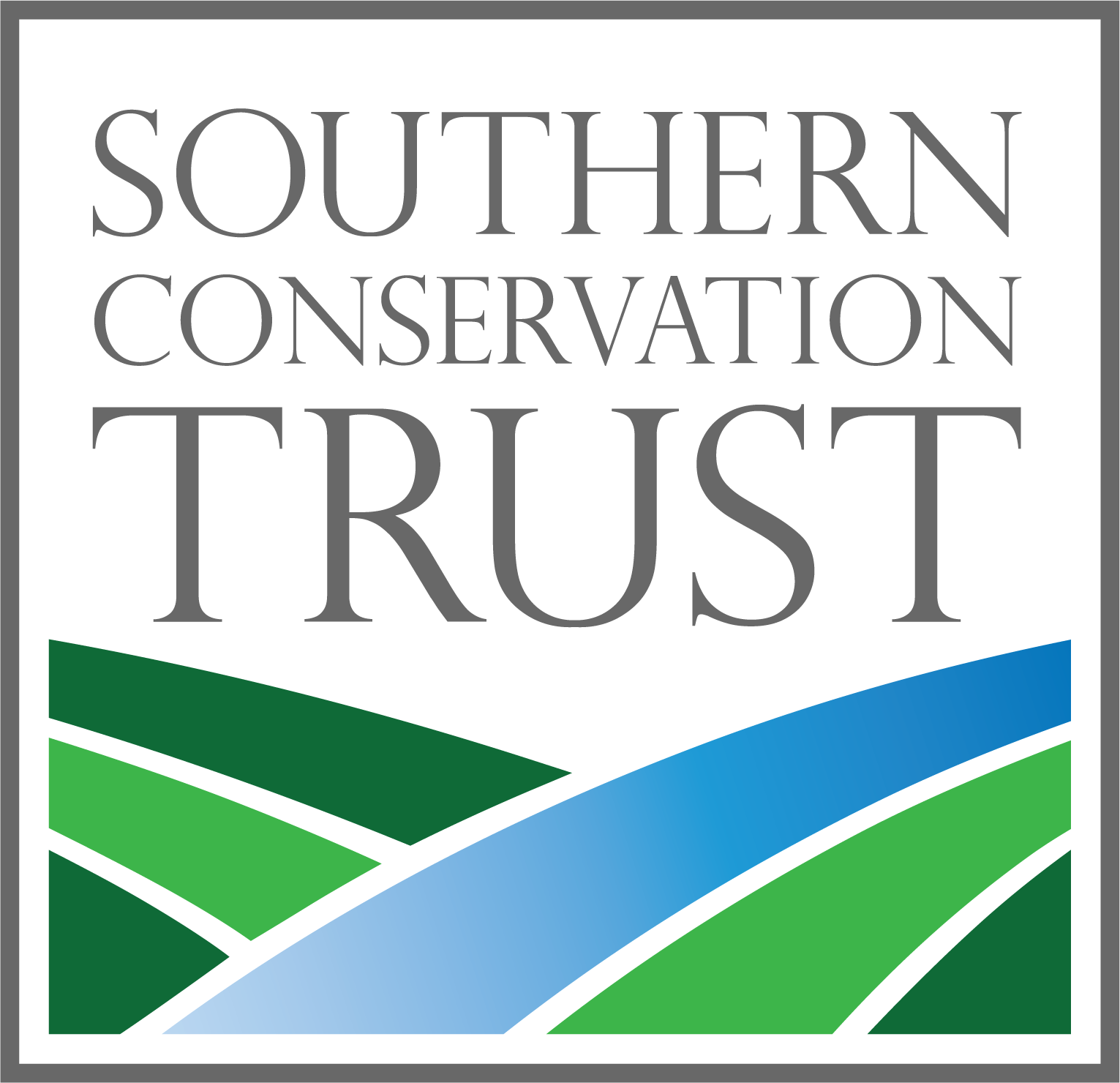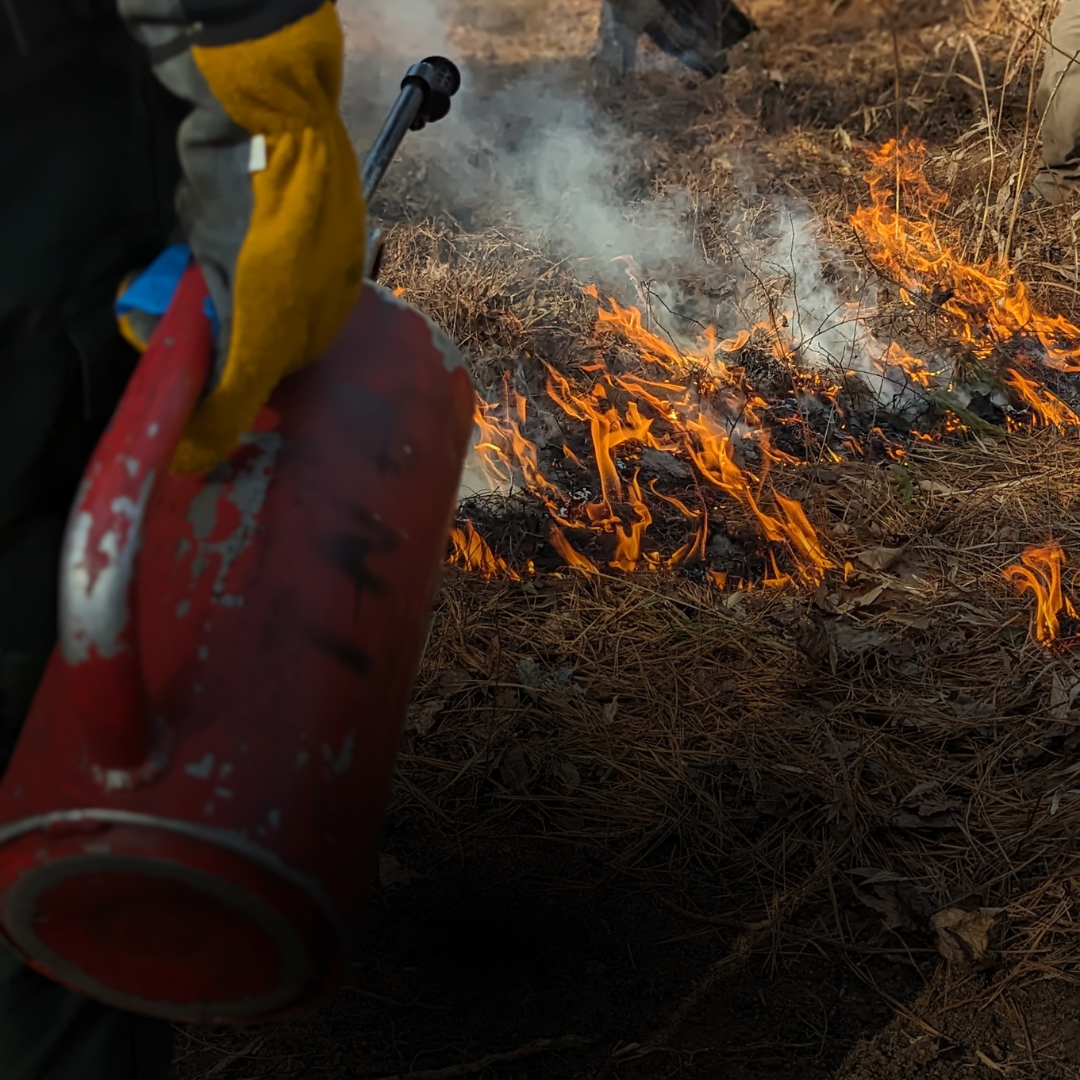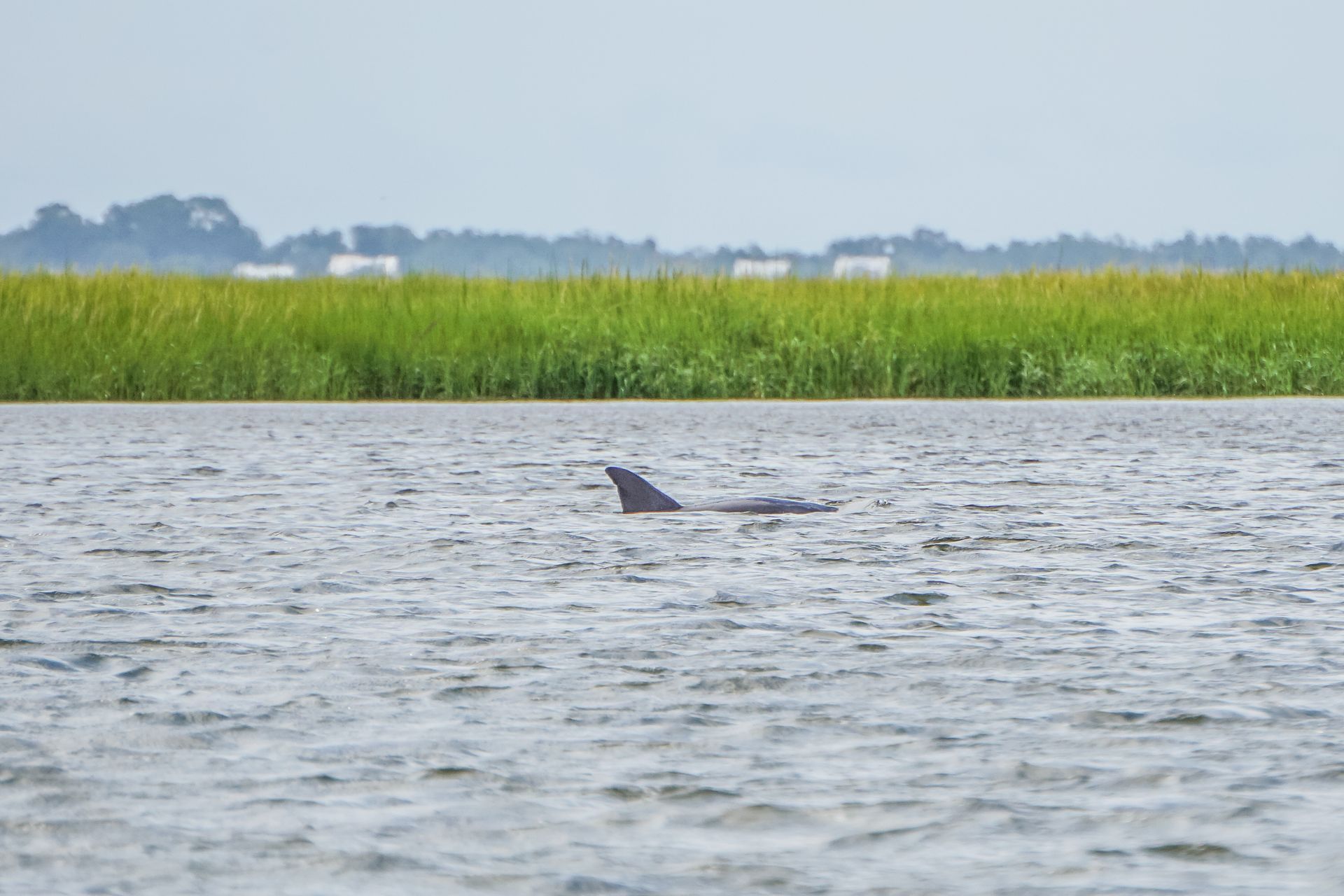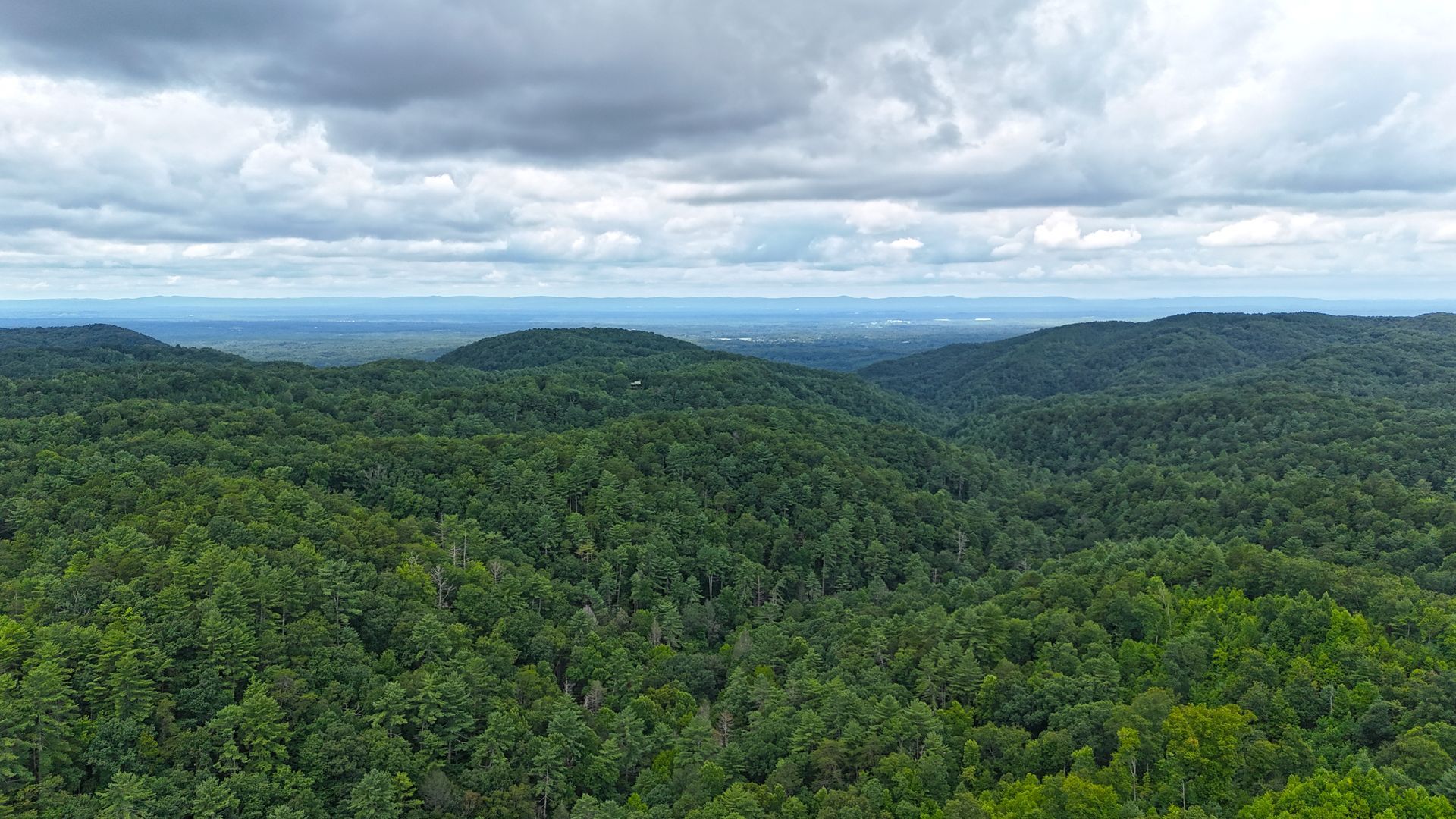Shuck for a Cause: The Conserve Georgia Oyster Roast aims to celebrate and raise funds for conservation efforts, environmental education initiatives, and access to nature in local communities.
Southern Conservation Trust presents the 3rd Annual Conserve Georgia Oyster Roast, taking place at Scarbrough Pavilion on March 23, featuring the Sweet Auburn String Band, a variety of craft beer and beverages, raffles, games, and more.
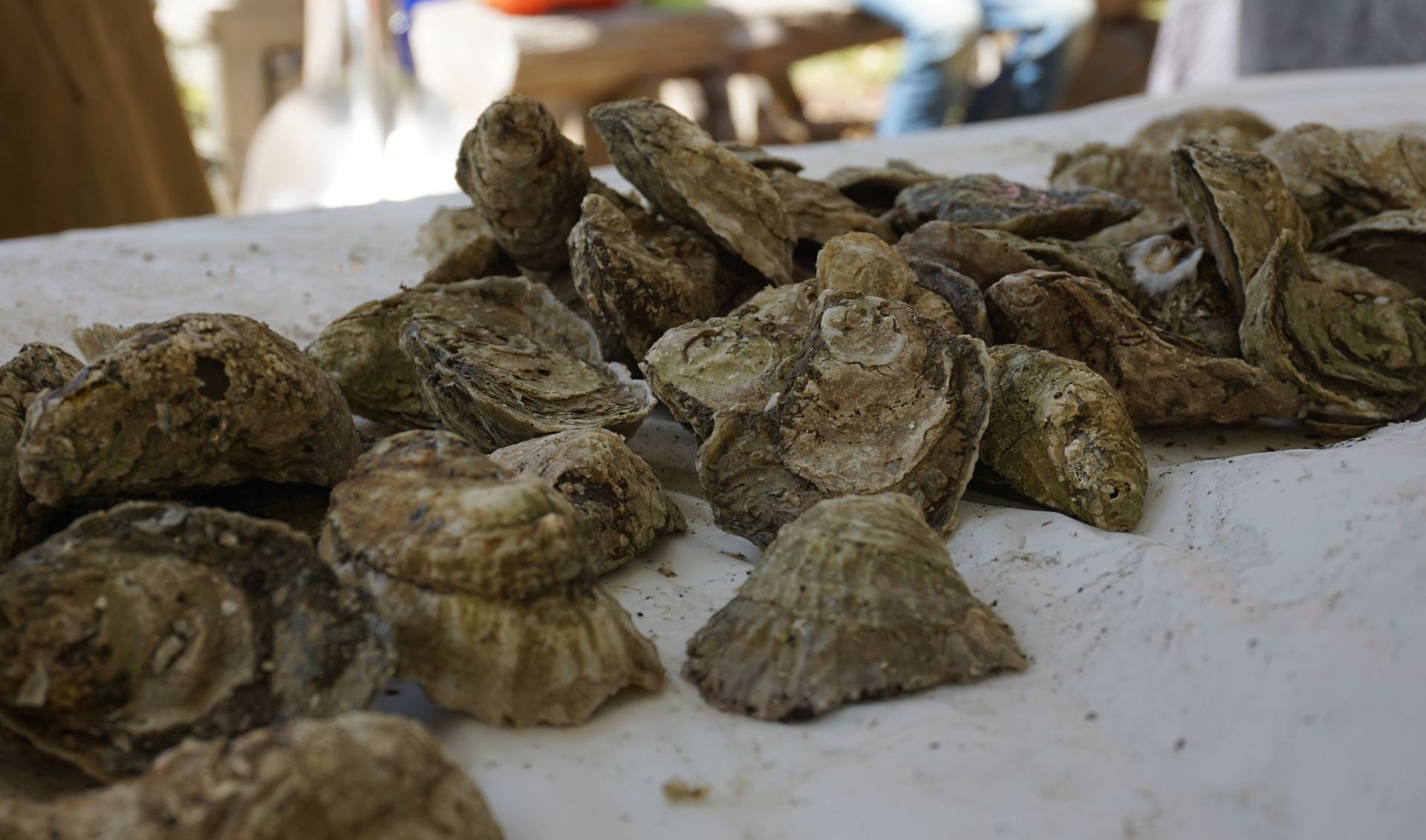
Southern Conservation Trust (SCT) is proud to bring the Conserve Georgia Oyster Roast to Scarbrough Pavilion in Brooks, Georgia, for the third year in a row. The Conserve Georgia Oyster Roast will take place on March 23 from 3-6 pm and promises an unforgettable experience filled with a lively atmosphere of nature lovers and foodies alike to celebrate SCT's conservation efforts, environmental education initiatives, and providing access to nature in local communities. This annual fundraiser helps support their mission and pillars of impact throughout the state of Georgia.
More details about the event:
- A culinary delight of all-you-can-eat roasted oysters.
- A lively, family-friendly atmosphere featuring live music from the Sweet Auburn String Band.
- Thirst-quenching beverages including a Bloody Mary bar sponsored by Brewer's Fire and a selection of craft beers from Line Creek Brewing Co., including their #ConserveGeorgia line that gives back to the organization with every 6-pack sold.
- Games and raffles, including a fully stocked bar pull.
Tickets to the event can be purchased online at www.sctlandtrust.org/oyster-roast. Discounted tickets are available to members, and we encourage you to check out our memberships and become a hero for nature today!
Event Sponsors: Brent & Tina Scarbrough, Golf Rider, EcoTerra, DeGolian Realty, Brewers Fire, C&C Fencing, and Line Creek Brewing Company
About the Southern Conservation Trust
Based in Georgia, the Southern Conservation Trust is a US 501 (c)(3) public charity, EIN 58-2036727, that elevates nature through exceptional stewardship through over 55,000 acres of conserved land and public lands throughout the southeast, including 5 public nature areas in Fayette County, Georgia, and the Fayette Environmental Education Center. We don’t just believe in protecting land; we believe people should have equal access to enjoy it.
Press & Media Inquiries
Contact Us
About Southern Conservation Trust
At Southern Conservation Trust, we are passionate about elevating nature through exceptional stewardship. Based in Georgia, our 501(c)(3) public charity has successfully conserved over 65,000 acres of land across the Southeast, including five public nature areas in Fayette County and the Fayette Environmental Education Center. We believe that protecting our natural spaces is just the beginning; everyone should have equal access to enjoy the beauty of the outdoors. Join us in our mission to foster a deeper connection between people and nature. Learn more at www.sctlandtrust.org.
